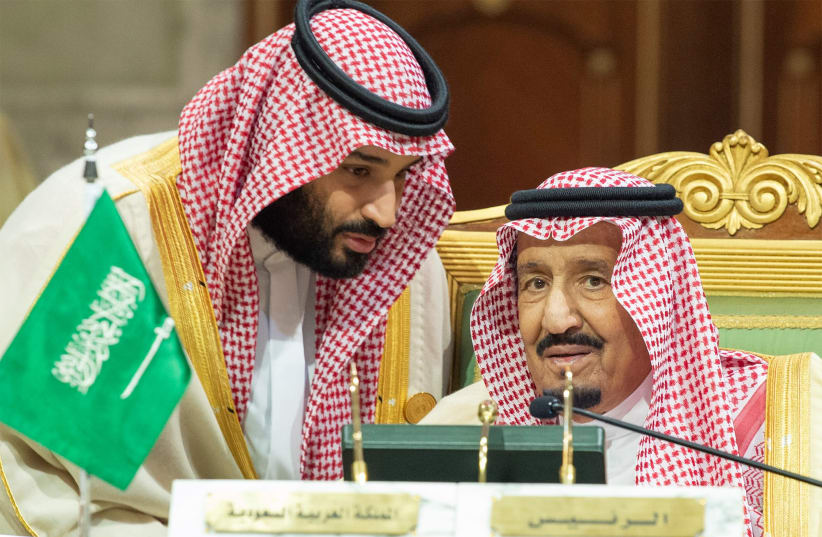Aramco is shipping equipment from the United States and Europe to rebuild the damaged facilities, Fahad Abdulkarim, Aramco's general manager for the southern area oil operation, told reporters on a tour organized by the company to the two sites east of the capital Riyadh.
Repair work is under way at both locations, with cranes erected around burnt-out stabilization columns, which form part of oil-gas separation units.
"We are working 24/7," Abdulkarim said in Khurais. “This is a beehive."
At Abqaiq, a number of spheroids, used to separate oil from other elements contained in crude oil, were surrounded by scaffoldings and had two-yards wide punctures in the dome.
Khalid Buraik, Saudi Aramco vice-president for southern area oil operations, said 15 towers and facilities had been hit at Abqaiq, but it would regain full output capacity by the end of September.
“We are confident we are going back to the full production we were at before the attack (on Khurais) by the end of September,” Abdulkarim said.
The Saudi defence ministry said on Wednesday 18 drones and three missiles were fired at Abqaiq, the world's largest oil processing facility. The missiles targeting Abqaiq fell short, the ministry said, while the Khurais facility was hit by four missiles.
The attacks halved the crude output of the world's top oil exporter, by shutting down 5.7 million barrels per day, of which 4.5 million bpd in Abqaiq an 1.2 million bpd in Khurais.
About 2 million bpd have been brought back already at Abqaiq and as well as 30 percent of Khurais's output, according to Aramco executives. There was no casualties reported at the two sites even though thousands of workers and contractors work and live in the vicinity.Yemen's Houthi group claimed responsibility for the attacks but a US official said they originated from southwestern Iran. Tehran, which supports the Houthis, has denied any involvement in the attacks. The United States has imposed sanctions on Iran's central bank, US President Donald Trump said on Friday, nearly a week after the attacks. Trump did not give any other details about the sanctions. Asked about the possibility of a military response on Iran, Trump said the United States was always prepared and that a military strike was always a possibility.
